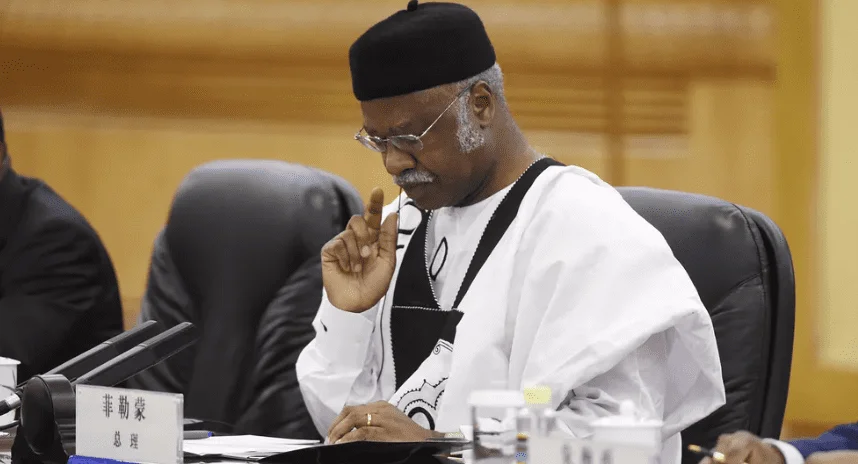On Tuesday, the former Prime Minister of Cameroon, Philemon Yang, assumed the presidency of the United Nations (UN) General Assembly, calling for global unity to tackle pressing challenges such as climate change, poverty, conflict, and violence.
During his address to the 193-member assembly, Yang acknowledged the skepticism surrounding nations’ ability to collaborate effectively. However, he asserted, “We must demonstrate that international cooperation remains the most effective tool at our disposal to address the deep and borderless problems we face.”
Yang, who served as Cameroon’s Prime Minister from 2009 to 2019, emphasized that his one-year presidency would be founded on the theme of “unity in diversity.” He highlighted the importance of peace and security, urging the Assembly to prioritize conflict resolution, particularly in areas like the Gaza Strip, Haiti, Ukraine, and the Great Lakes region of Africa.
Dennis Francis, the outgoing President of the General Assembly, urged the UN to fulfill its foundational mandate of maintaining international peace and security. He remarked on the staggering scale of human suffering worldwide, particularly in conflict zones like Gaza. Francis also cautioned that millions are living in extreme poverty, predicting that without significant change, more people could face poverty and hunger by 2030.
UN Secretary-General Antonio Guterres echoed these sentiments, emphasizing the need for collective action. He described the recently concluded 78th session of the General Assembly as tumultuous, marked by persistent issues of poverty, inequality, violence, and record-breaking temperatures. Yet, he also pointed to a growing sense of hope about what could be achieved through collaboration.
In his opening address for the 79th session, Guterres urged diplomats to rebuild trust and faith in one another, emphasizing the power of working together. Yang will lead the upcoming Future Summit on September 22-23, convened by the Secretary-General to promote multilateral action on global issues and consider reforms for institutions established after World War II, including the UN.
Following the summit, world leaders will convene for their annual meeting from September 24 to 30, featuring public addresses and numerous private discussions on international affairs.



















